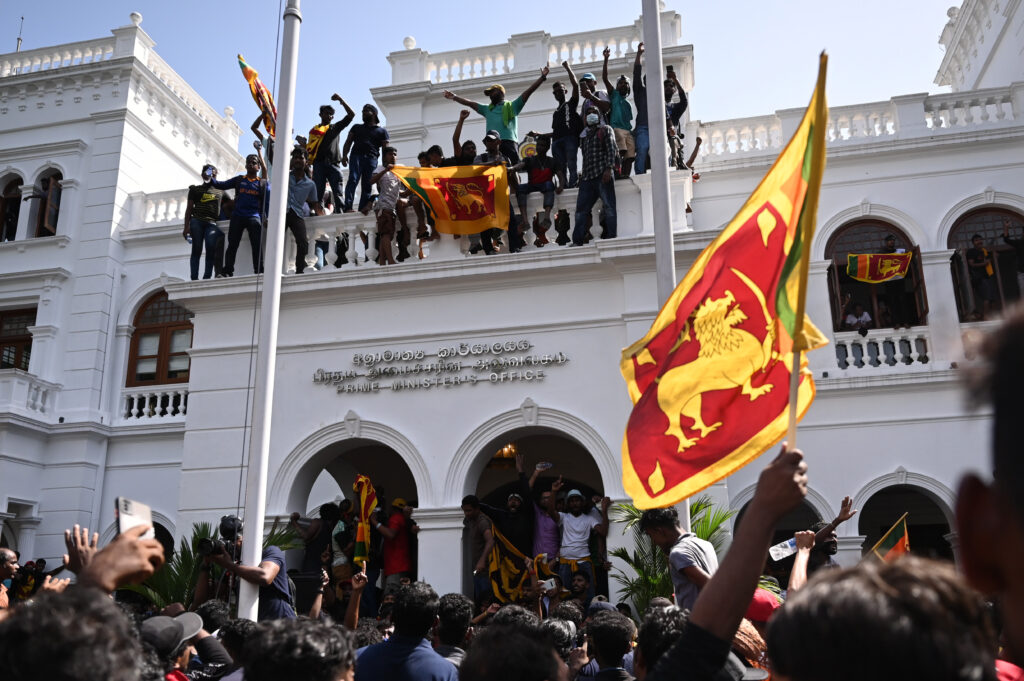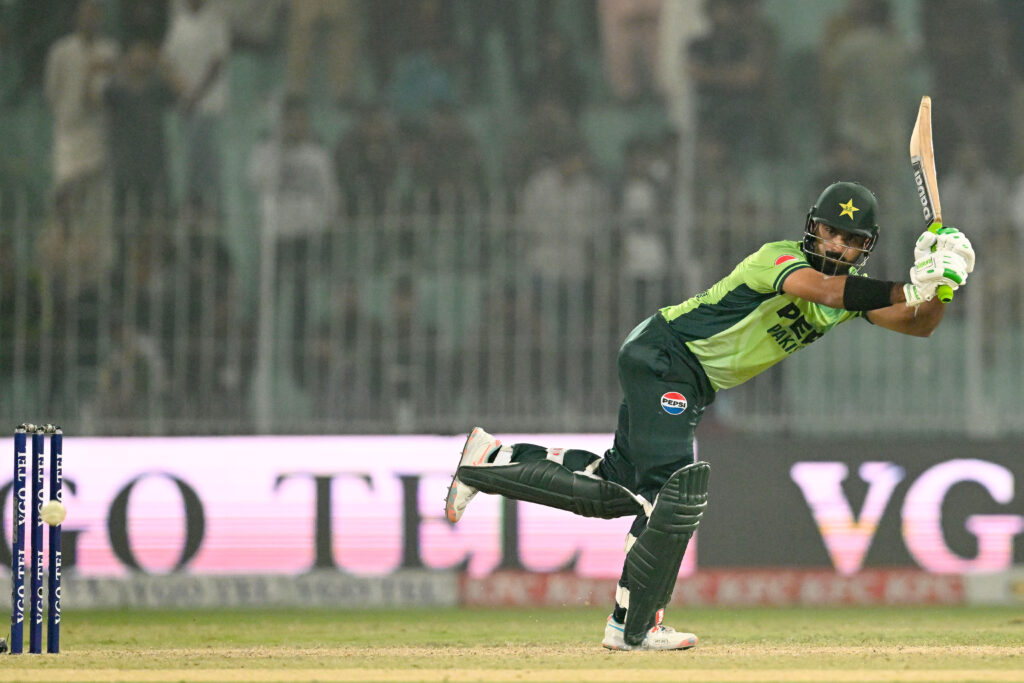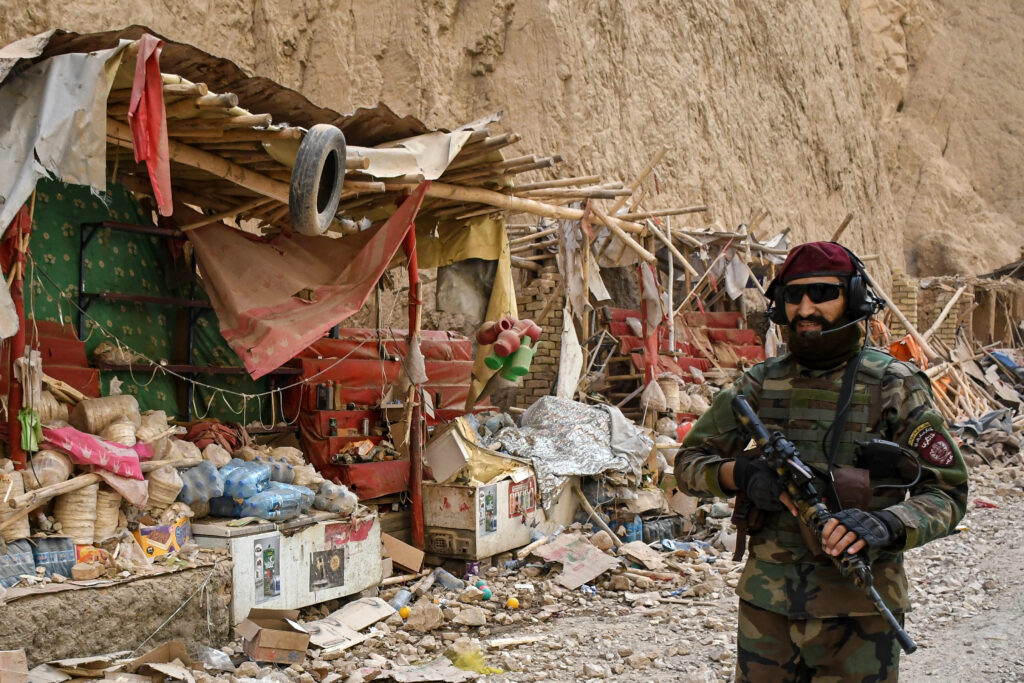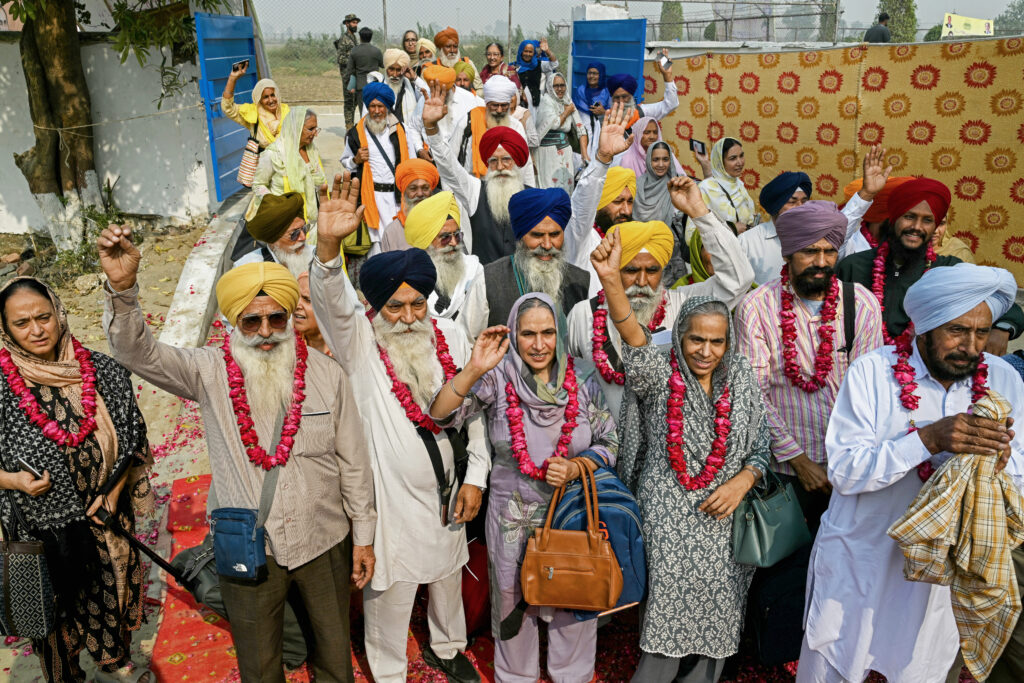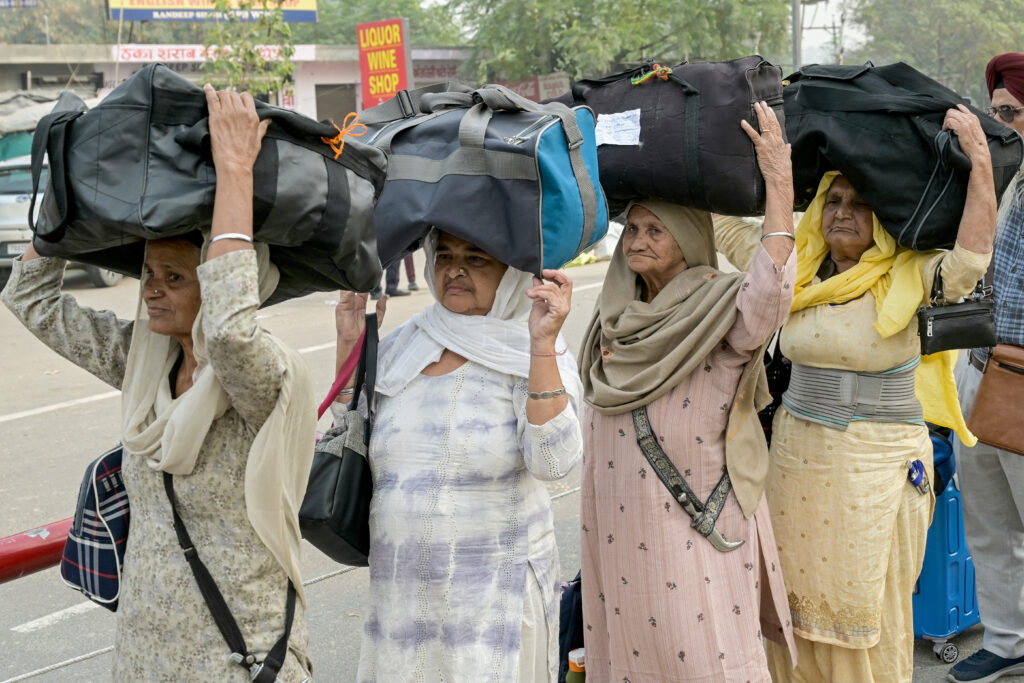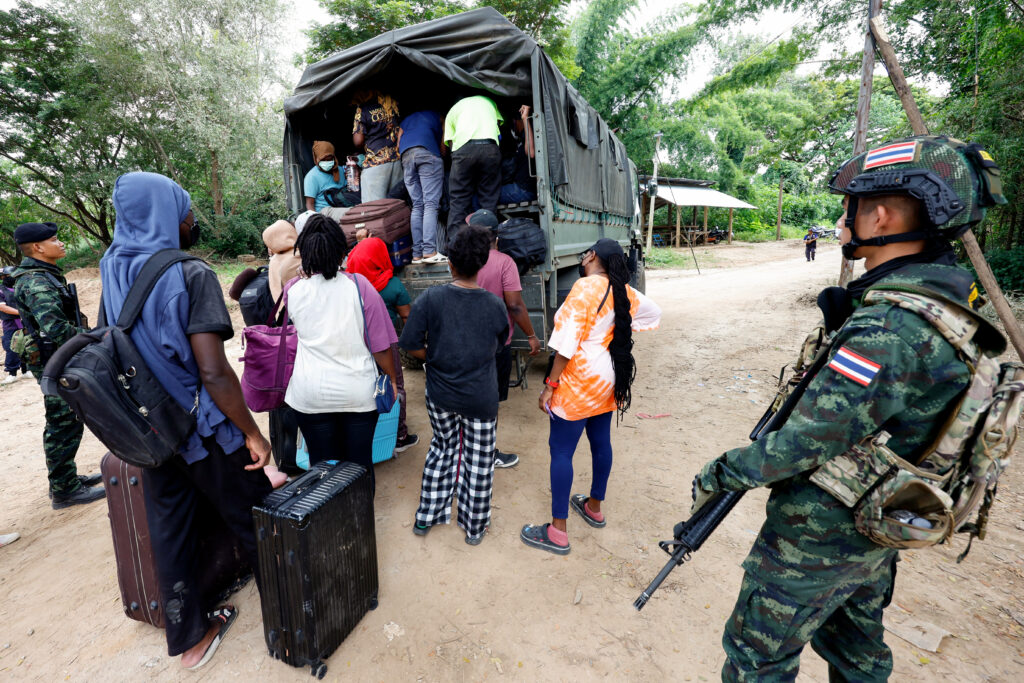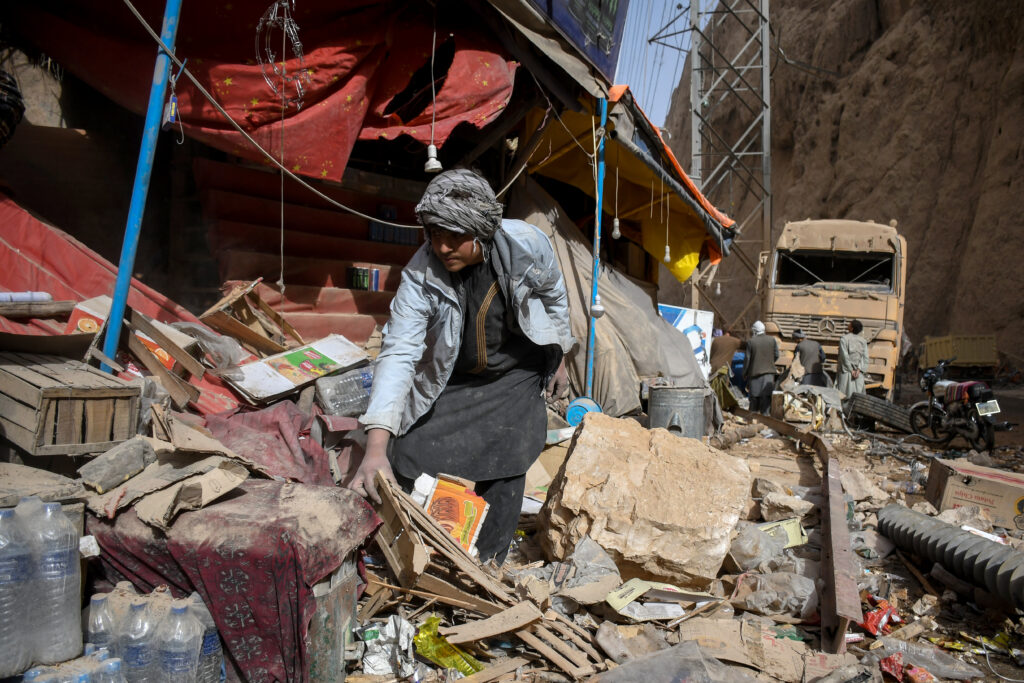Sri Lanka targets big fish in anti-corruption push
When Sri Lanka’s economy collapsed in 2022, politicians and officials were accused of brazenly stealing the island’s assets.Three years later, the tide appears to be turning against the once-untouchable elite, with several members of the former ruling Rajapaksa family and other powerful figures jailed or appearing in court.The government is pursuing some of the country’s most powerful individuals — with a former president, several ex-ministers and the heads of the police, prisons and immigration all appearing in court.Ranga Dissanayake, director-general of the Commission to Investigate Allegations of Bribery or Corruption (CIABOC), was granted sweeping powers in May to recover stolen assets — even without criminal convictions.There is no official data of state corruption losses, but activists estimate it to be billions of dollars over several decades. Sri Lanka’s GDP per capita income stood at $4,515 in 2024.”Corruption is the main reason for this economic crisis,” Dissanayake, who took up the post in January, told AFP.The International Monetary Fund calls for the “prioritising” of anti-graft measures, and says recruitment to CIABOC “should be accelerated”.- ‘Crossing the Rubicon’ -Tackling entrenched corruption was a key pledge of leftist President Anura Kumara Dissanayake, who is not related to the CIABOC chief.”How can a file in the Criminal Investigation Department move up and down, or remain stuck for seven or eight years in a cupboard?” he asked during a speech marking anti-corruption day.CIABOC faces a backlog of tens of thousands of cases.”Power is meant to uphold justice,” the president added. “But instead, it is often used for injustice, personal gain and the accumulation of wealth.”Public anger over crippling shortages of food, fuel, and medicine sparked months of protests in 2022, toppling then-president Gotabaya Rajapaksa.Gotabaya denies corruption allegations, but the Supreme Court in 2023 said he and his politician brothers “demonstrably contributed to the economic crisis”, and “violated the public trust reposed in them”.Gotabaya was replaced by Ranil Wickremesinghe, who secured a $2.9 billion IMF bailout to steady the economy.But Wickremesinghe was arrested in August on charges of using state funds for personal travel.”There are certain moments in politics or governance which are the moments of ‘crossing the Rubicon’ — that point of no return,” Saliya Pieris, former head of the Bar Association, wrote on Facebook.Sri Lanka ranked 121 out of 180 countries in Transparency International’s 2024 Global Corruption Index — a stark reminder of the scale of the problem.”The politicians robbed the country,” said businessman Tissa Gamini, 68, adding there had been some change but not enough.”Ministers, members of parliament, they’re all the same — and government servants too.”Ishani Menaka, 37, said she struggled to feed and educate their five children during the crisis, while her husband quit the state railways after 20 years, and left for Romania, joining an exodus of Sri Lankans.”We could not manage,” Menaka said. “So he gave up his job and went abroad.”- ‘Economy collapsed’ -Sri Lanka’s police chief, accused of running a criminal network, was arrested and sacked earlier this year, while the prison commissioner was jailed for releasing convicts in exchange for cash.The immigration controller was sentenced to two years for contempt of court, and faces trial for an alleged multimillion-dollar visa fraud.The Rajapaksa clan is under pressure too.Former ministers Mahindananda Aluthgamage and Nalin Fernando received 20- and 25-year prison sentences respectively for misusing government funds to support ex-president Mahinda Rajapaksa’s failed election bid.In August, Mahinda’s nephew Shashindra Rajapaksa was arrested for fraudulently claiming riot damage compensation.Money laundering investigations have also been revived against Mahinda’s sons, lawmaker Namal and ex-navy officer Yoshitha — who claims he was given a bag of gems by an aunt. Both deny wrongdoing.Television executive Weerasinghe Jayasundara, 57, recalled how “lives went back a few years” in 2022, when inflation hit nearly 70 percent.”We’re unable to get anything done — there was no transport, gas prices went up sharply, the economy collapsed,” Jayasundara said. “The main cause is corruption.”
